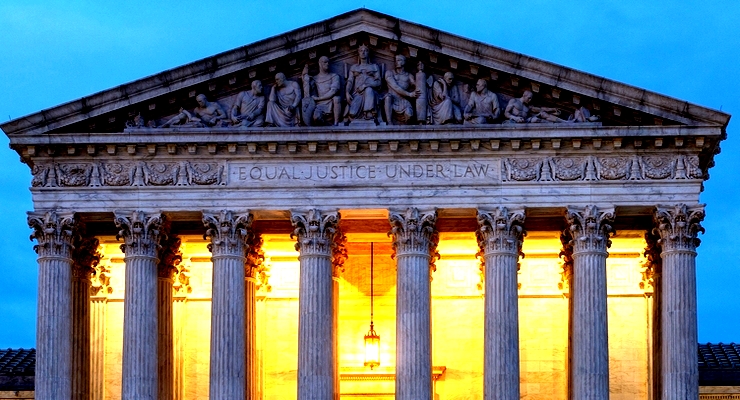
The numbers are staggering. Over the next five years, the City of Pasadena’s proposed capital spending exceeds $1.5 billion. That’s not counting nearly $800 million more in proposed projects which are entirely unfunded.
This year, Pasadena celebrated its 137th birthday. Previous generations invested in our City’s vital infrastructure, including parks, libraries, sewers, city buildings, storm drains, roads, bridges and a public water and power system. Much of it is wearing out. Where will the money come from to fix it?
You would think the question would be getting a lot of public debate. But it’s not. Instead, the City is quietly conducting a confidential poll of voters to test a November bond issue for either a $200 million bond to bring the closed Central Library up to modern earthquake standards – or an even larger tax measure to pay for the Library as well as the additional $200 million of deferred maintenance at the Rose Bowl and $181 million the City estimates it needs to bring our Fire Stations up to modern standards.
That’s on top of the $516 million voters approved for Measure O for the School District repairs in 2020 and the $565 million for Measure PCC approved last year.
Big numbers that translate into hefty property tax hikes. For the smaller $200 million bond issue for the Central Library, the City’s poll estimates the cost to be $20 per $100,000 of assessed valuation – or $220 a year for a home selling at today’s average selling price.
There’s no question that Pasadena must maintain our public infrastructure – and continue to make improvements to meet changing community needs. Yet absent robust public dialogue about costs and priorities, where is the public accountability for the hundreds of millions being spent every year?
One aspect of our infrastructure that’s finally getting overdue debate is whether Pasadena should seek to switch to clean energy by 2030. The staff of the public utility have warned that doing so would dramatically drive up rates. Of course, (over the objection of some Councilmembers), they hired an oil and gas consulting company out of Oklahoma to estimate those costs – and local experts have already found serious flaws in their numbers. Moreover, we can’t forget the huge spike in natural gas prices we all paid for after war in Ukraine broke out. That should remind us that fossil fuel prices can skyrocket too – and that’s before we know what’s next for the Middle East powder keg where much of the world still gets its oil.
But as for the rest of the City’s huge appetite for capital dollars, no one seems to be minding the store when it comes to public transparency and accountability. As a Planning Commissioner, my colleagues and I have objected to the bypassing of the Planning Commission in reviewing the City’s Capital Plan. State law requires the “Planning Authority” of the City to review the entire Capital Improvement Program to ensure it “provides reasonable and practical means for implementing the general plan and specific plans, to serve as an effective guide for orderly growth and development, preservation and conservation of open-space land and natural resources, and the efficient expenditure of public funds.” Yet the Planning Commission, which is advisory to the City Council, has been relegated for years to only reviewing “new” projects, which typically are vague and without realistic cost estimates at that stage in the process.
Tonight, the Planning Commission’s Capital Improvement Program Subcommittee will make recommendations to give more time for public discussion of these big decisions, including:
- The City should revise criteria for new projects to conform to State law for implementing the General Plan
- City staff should provide the Planning Commission and the public a summary of the current $1.5 billion capital spending plan and how listed projects relate to the recently adopted specific plans throughout the city
- A public workshop should be held with the key departments that implement the City’s capital plan prior to the public unveiling of the final recommendations that go to the City Council as part of the budget process
Such modest reforms will provide an opportunity for the public to get a deeper look into the hundreds of millions being spent – and how some projects get prioritized while others languish for years and even decades. Reform can help the Council set priorities on where our more than a billion of our tax dollars are going to be spent. Reform is especially timely because the city is rushing to put on next year’s ballot either a Library bond or a Library/Rose Bowl/Fire Station megabond.
We all rely on our streets to get around, our power to turn on, our water to flow, our parks to be green and our libraries to be open. But that doesn’t mean a blank check on spending. It means thoughtful and informed decision-making on what matters most – and equally thoughtful and informed decisions about how we pay for it.
Former Mayor Rick Cole is a current member of the Planning Commission and serves on the Capital Improvement Plan Subcommittee. He is the Chief Deputy Controller for the City of Los Angeles and an active member of the Government Finance Officers Association. He is also a candidate for City Council, District 2.














 1 comment
1 comment



